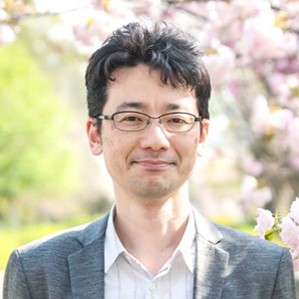Key Facts
Joint MRC PPU / MCDB / CeTPD Seminar

Abstract:
Our laboratory established the auxin-inducible degron (AID) technology, which enables rapid protein degradation by adding the phytohormone auxin (Nishimura et al. Nat. Meth., 2009; Natsume et al. Cell Rep., 2016). We recently established an improved version, AID2, which works better in yeast and mammalian cells (Yesbolatova et al. Nat. Commun., 2020). Moreover, AID2 enables rapid target protein depletion in multicellular organisms, such as C. elegans and mice (Negishi et al. Genetics, 2022). Recently, we evaluated the differences and similarities between AID2 and PROTAC-based conditional degrons such as BromoTag and dTAG.
We have applied AID2 to study the process of DNA replication in human cells. Using conditional degradation of DNA ligase in HCT116 cells, we have sequenced Okazaki fragments to monitor initiation zones and DNA replication fork progression across the human genome. Our data show how gene transcription shapes the replication pattern during the S phase of the human cell cycle.
Biography:
Masato received his Ph.D. in 2001 from Chiba University near Tokyo in Japan. He then moved as a postdoctoral fellow to Karim Labib’s group in what is now the CRUK Manchester Research Institute. Masato used degron technology to study all the essential genes of previously unknown function in budding yeast, leading to the identification of important new DNA replication factors that are conserved in all eukaryotes and archaea (Kanemaki et al, Nature, 2003). In 2006, Masato moved to Osaka University as an Assistant Professor, where he developed the auxin-inducible degron for use in animal cells and fungi, in collaboration with the groups of Tatsuo Kakimoto and Haruhiko Takisawa. In 2010, Masato moved to the National Institute of Genetics in Mishima, first as an Associate Professor and then from 2016 as a full professor. Masato’s group has applied the auxin degron to many areas of cell biology, focussing on chromosome replication and genome integrity in his own group, and collaborating with many other labs around the world. In 2022, Masato became a Professor at the University of Tokyo, whilst still keeping his lab at the National Institute of Genetics in Mishima

